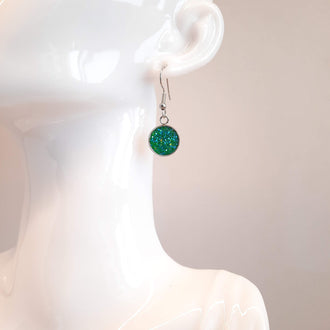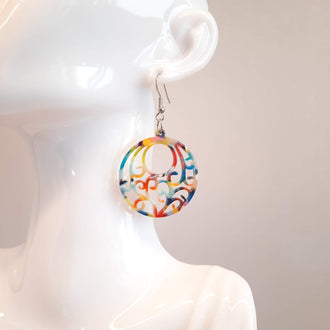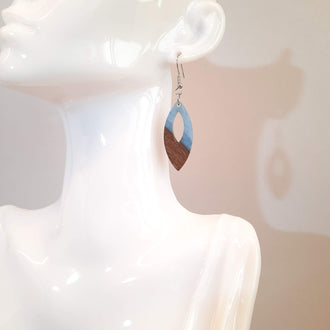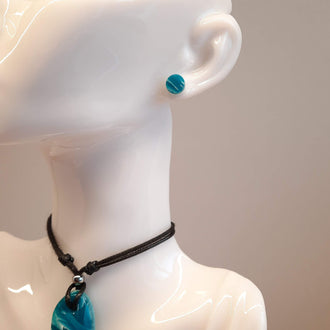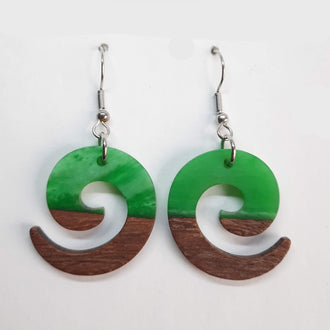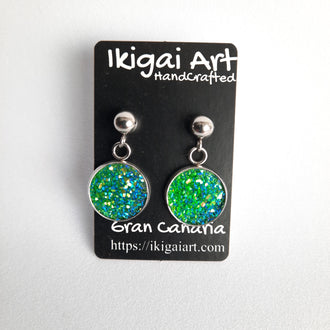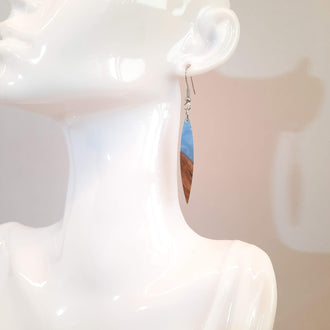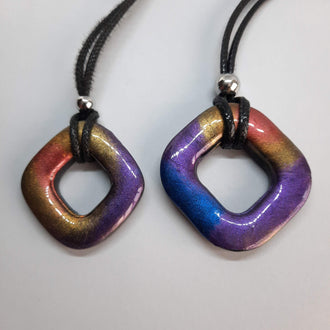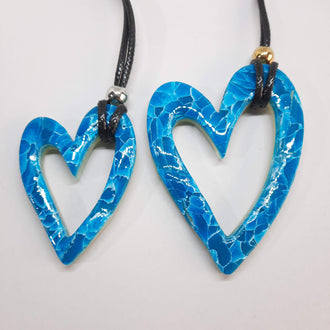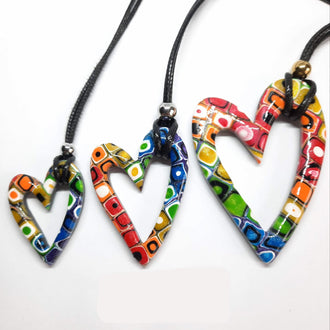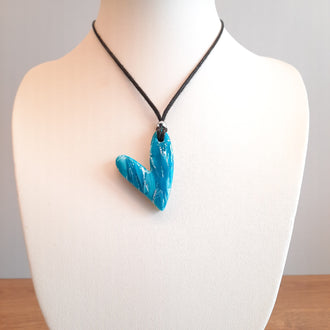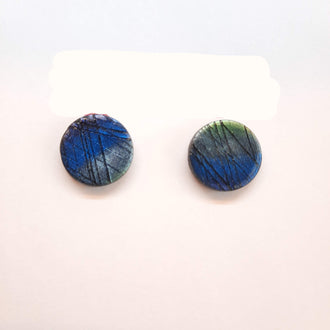Jewelry Allergies: A Widespread Problem

Allergies to jewelry containing nickel or other metals such as chromium or cobalt are a common problem, especially among women, but one that is often underestimated. In fact, many people discover they are allergic only after wearing a new accessory. But what causes these reactions, and how can we prevent them?
Causes of jewelry allergies
The main cause of jewelry allergies is prolonged contact with nickel, a metal found in many everyday objects, includingearrings , bracelets , watches, buttons, zippers, and necklaces . Once nickel comes into contact with the skin, it can trigger an allergic reaction in a significant percentage of the population. Other metals that can cause allergies are chromium and cobalt.
Nickel is particularly problematic because it is widely used for its corrosion resistance and ability to impart a shiny finish to objects. However, when it comes into contact with the skin, it can penetrate the surface layer and activate the immune system, causing an allergic reaction.
Who is most at risk?
Nickel allergy can affect anyone, but some people are more susceptible to developing it. Risk factors include:
Frequent contact with nickel: People who wear jewelry frequently are more exposed.
Genetic predisposition: A family history of allergies may increase your risk.
Sensitive skin: People with particularly sensitive skin are more likely to develop allergic reactions.
Allergy symptoms
The most common symptoms of jewelry allergy are those of contact dermatitis such as:
- Redness: The area in contact with the jewelry becomes red and swollen.
- Itching: Redness often accompanies intense itching.
- Skin rash: Small blisters or dermatitis may appear.
- Swelling: In some cases, the affected area may swell.
These symptoms may appear immediately or after prolonged use of the object containing the allergenic metal.
Contact dermatitis can range in severity from mild to severe. In severe cases, the skin may develop painful, bleeding cracks, making it difficult to wear jewelry or other metal objects. Furthermore, allergic reactions can worsen with repeated exposure, leading to lifelong sensitization.
Diagnosis and treatment
If you suspect a metal allergy, it's important to consult an allergist for an accurate diagnosis. The most common test is a patch test, which involves applying a patch containing the suspected metal to the skin and observing the reaction. Once the allergy is confirmed, treatment involves using soothing creams and antihistamines to relieve symptoms.
In some cases, topical corticosteroids may be necessary to reduce inflammation and itching. It's also important to avoid contact with the allergenic metal to prevent future reactions. This may include replacing jewelry containing nickel with hypoallergenic alternatives.
Prevention
Prevention is essential for those who suffer from jewelry allergies.
Here are some helpful tips:
-
Avoid items containing nickel: Choose jewelry that is nickel-free or made of hypoallergenic materials such as pure gold, sterling silver, titanium, or the more affordable surgical stainless steel.
- Use protective barriers: Applying a coat of clear nail polish to jewelry can create a barrier between your skin and the metal.
- Choose alternative materials: Consider using jewelry made of polymer clay , plastic, wood, or ceramic, which do not contain allergenic metals.
- Trying new jewelry: Before wearing new jewelry for an extended period, try it on a small area of skin to check for allergic reactions.
Conclusion
Jewelry allergies can be bothersome and limiting, but with proper precautions, they can be effectively managed. Consulting a doctor for an accurate diagnosis and following prevention advice can significantly improve the quality of life for those who suffer from these allergies. Furthermore, knowing the materials used in jewelry and making informed choices can prevent many common allergic reactions.
By choosing hypoallergenic jewelry and taking a few simple precautions, you can continue wearing your favorite accessories without the risk of unpleasant skin reactions.
Ikigai Art Jewelry
The jewelry you find in our store is allergen-free. We use only stainless steel or surgical steel, as well as polymer clay, which, being a plastic material, does not cause allergies.
You may be interested in:
Why do earrings and rings discolor and stain our skin?


